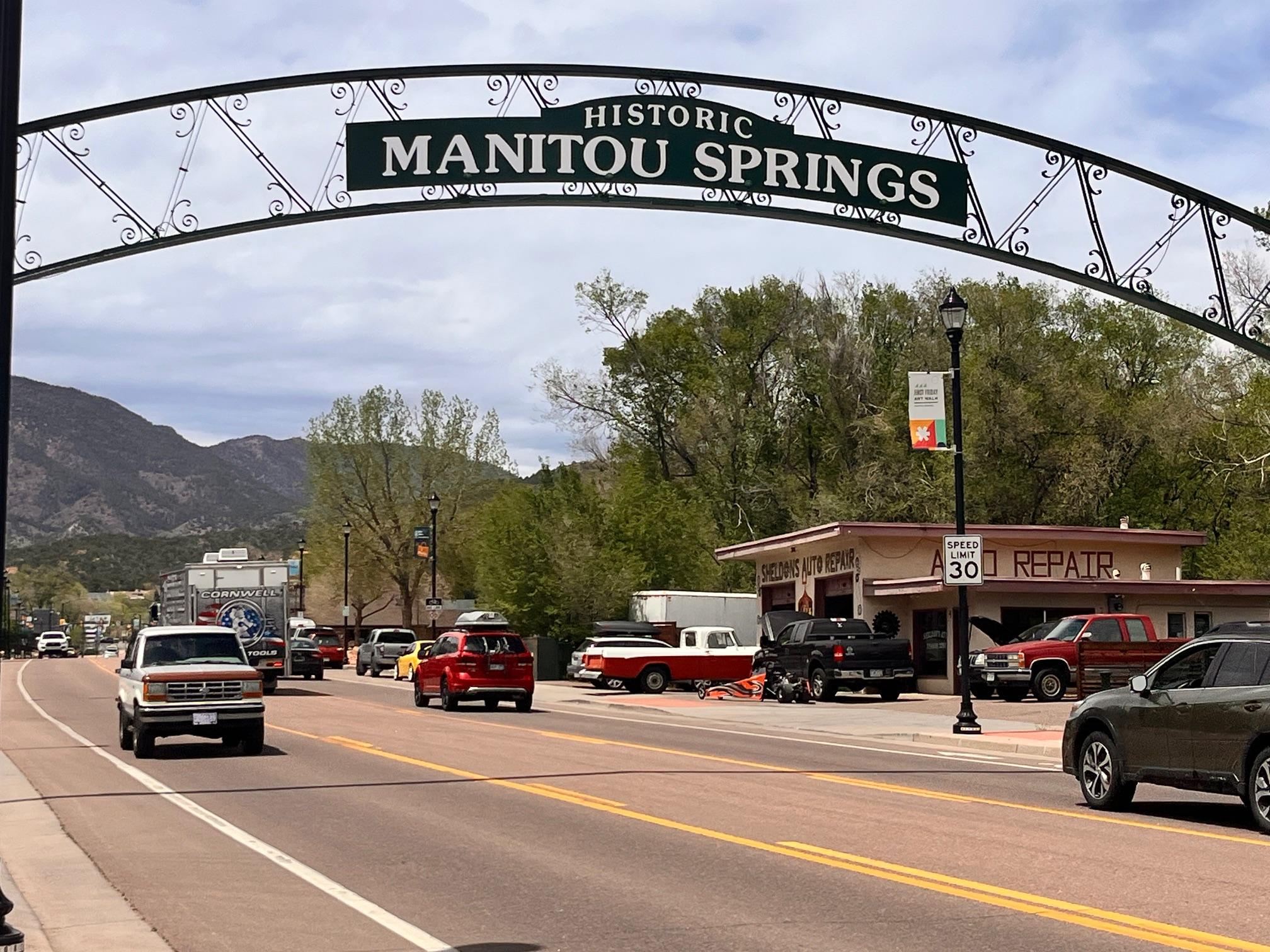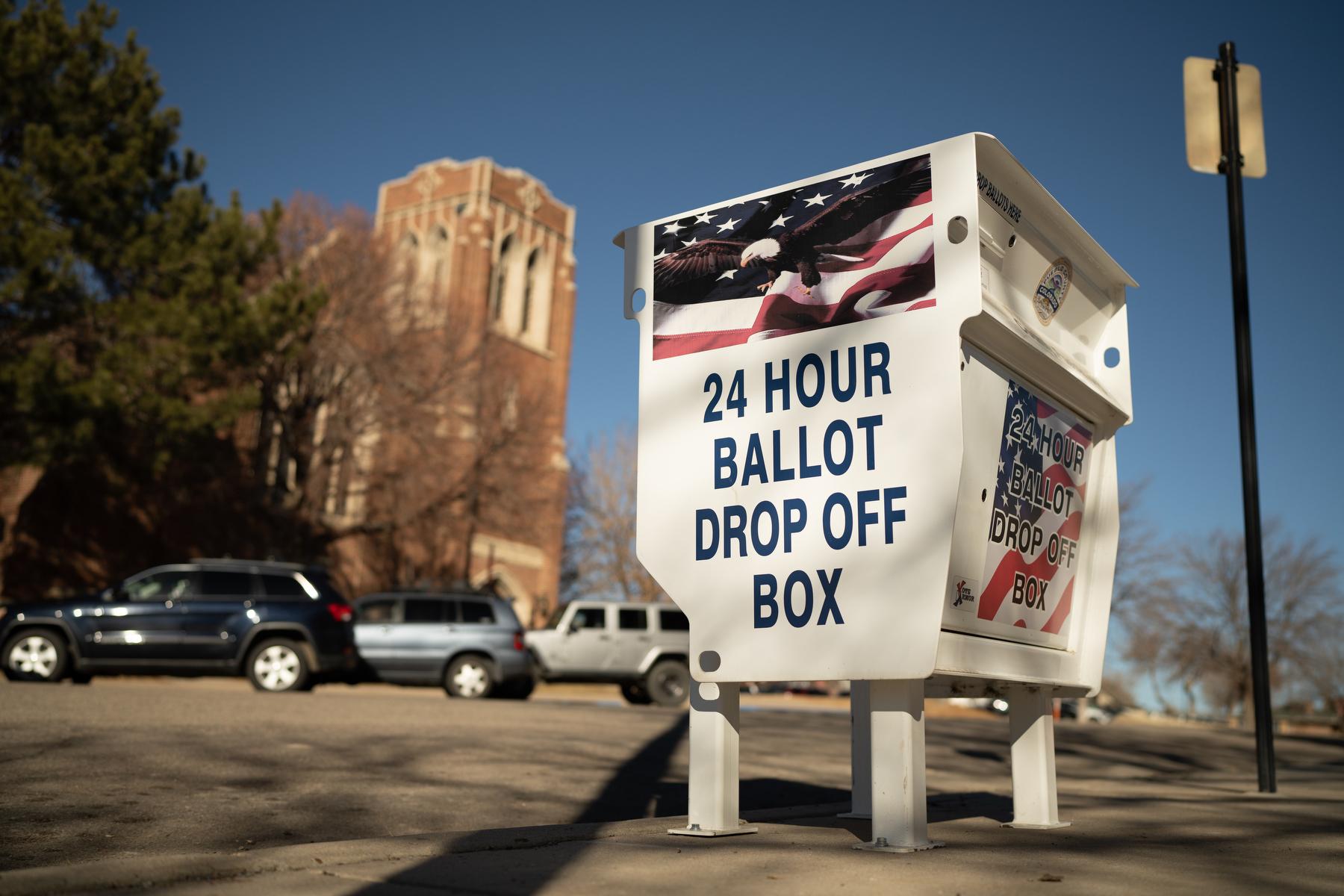
Leaders in Manitou Springs are starting to understand the budget ramifications of losing the city’s local monopoly on recreational marijuana earlier this year. And it’s not good.
During a city council meeting this month, staff informed council members the community should expect its 2026 general fund revenues to be down nearly 30 percent from this year. The decrease was described specifically as the result of fewer recreational marijuana sales in the city, equaling a roughly $4 million loss in tax revenue.
“It’s made me more paranoid,” said Manitou Springs Mayor John Graham. “It has forced all our department heads and our city administrator to go back and sharpen their pencils.”
Recreational marijuana was Manitou’s golden goose for a decade. El Paso County is the state’s most populous, but Manitou was its only municipality to allow recreational sales when they became legal statewide in 2014. With all the local demand driven to the city’s two dispensaries, they were among the state’s most profitable — and the taxes rolled in.
Graham described it as “a bit like winning the lottery.”
City leaders attempted to use the windfall to address longstanding infrastructure needs for the historic tourist town, such as burying utility lines, all while knowing the cannabis boom times would likely not last forever.
A new era of competition
In 2022, when Colorado Springs voters were set to decide on allowing recreational dispensaries, Manitou quickly increased its recreational taxes from 5 percent to 10 percent to take advantage of the monopoly while it still lasted. But the Colorado Springs measure failed that year, with then-Mayor John Suthers and other local leaders lobbying heavily against recreational marijuana and what dispensaries would do to the city’s reputation as a family and military-friendly community.
A similar measure in the northern El Paso County suburb of Palmer Lake passed, though, and two dispensaries opened there. And by Nov. 2024, the public sentiment in Colorado Springs had shifted as well, with voters changing their minds and giving a thumbs up to recreational marijuana.
Recreational sales began in Colorado Springs in April, with a local sales tax rate of 5 percent. In June, Manitou Springs lowered its cannabis sales tax back down to 5 percent to stay competitive.
As of August, there are 68 retail marijuana licenses active in Colorado Springs.
“I'm sure that we're probably going to have to taper back on our ambitions,” Graham said regarding next year’s budget for Manitou Springs. “Can we live another year without a new pickup truck for public works? Can we stretch a little more life out of the resources we have now?”
A challenging road ahead
The Manitou Springs City Council is exploring other sources of additional revenue to make up for the dwindling pot taxes. This month, members voted unanimously to seek a more than doubling of the excise tax on tickets for the Pikes Peak Cog Railway. If it’s approved again by the council on Aug. 19, that request will go to Manitou voters in the fall. Meanwhile, the cog railway is suing the city over those excise taxes.
All this comes as Manitou Springs continues to be hampered by overdue infrastructure improvements, particularly replacing deteriorating water mains and sewer pipes. Residents and businesses in the city were ordered to halt all “non-critical” water use for several days this spring due to problems with its water supply.
“We've been whittling down some, but even in the best economic conditions, we've probably got decades of work to catch up on,” Graham said. “It's a bedeviling project.”
City council members will begin working on Manitou Springs’ 2026 budget in October.








